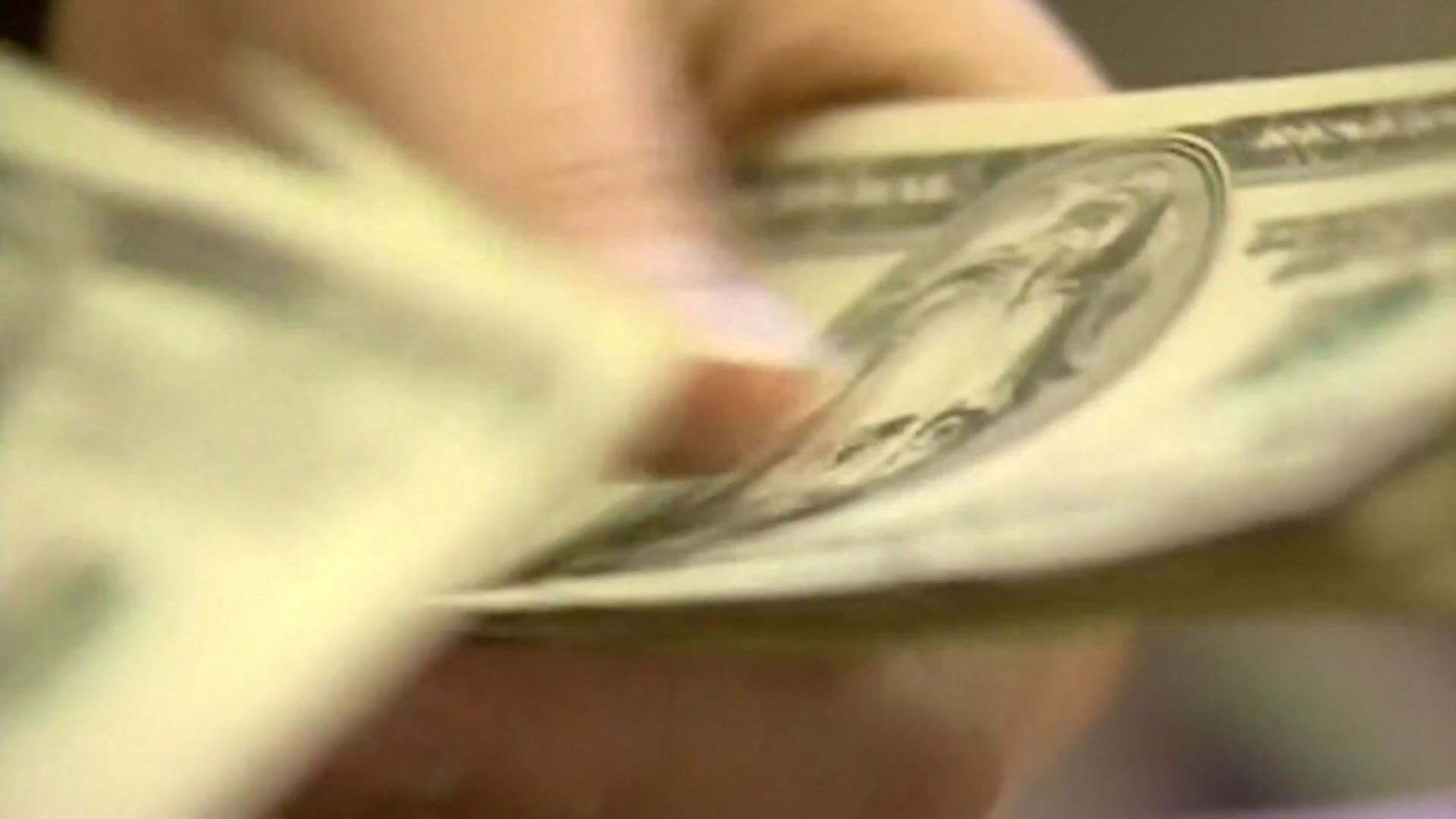Kids who crack open an energy drink for a boost may be struggling with their mental health.
A new research review laid out the negative health consequences of energy drink consumption among children and teens, including sleep quality disruption, negative impact on mood, and heightened risk of mental health issues like anxiety and depression.
“There is a correlation, and what the study showed, with children and adolescents who have depression and even suicidal ideation and the usage of energy drinks,” said Dr. Tareq Yaqub, Medical Director of Psychiatric Acute Care Services at Ann & Robert H. Lurie Children’s Hospital.
The review paper found an “increased risk of suicide, psychological distress, ADHD symptoms, depressive and panic behaviours” as well as poor sleep quality and other issues.
Feeling out of the loop? We'll catch you up on the Chicago news you need to know. Sign up for the weekly Chicago Catch-Up newsletter here.
“This is compiling data from, you know, thousands of children in these studies, and again, correlates clinically with what we're seeing,” Yaqub said.
Yabub did say it’s important to point out the study found a correlation, not causation.
“Did they already have depression, anxiety, and they're looking for something that they think is going to uplift them, but then causes such a huge physiologic response that actually doesn't make them any calmer?” asked Yaqub.
Health & Wellness
Energy drinks vary, but many are packed with not only sugar, but also caffeine, sometimes 200 milligrams or more.
“Some kids may just feel palpitations and sort of live with that and it’d be okay. But there are other kids who, because of the caffeine and the dose and the effect on the heart, can have very serious and life-threatening arrhythmias,” said Dr. Stuart Berger, Division Head of Pediatric Cardiology at Lurie Children’s Hospital.
The review paper found boys are at a greater risk of consuming energy drinks than girls.
Some may be treating it as a “preworkout” to help boost their performance in the gym, but Berger said that may not be the case.
“In fact, you could have the opposite effect because of the anxiety, the arrhythmias, even though the depression that's been associated with this. You may not actually be getting what you think you're getting from these performance enhancing drinks,” Berger said.
Experts recommend parents pay close attention to what children are consuming and engage and listen to kids’ concerns, so they don’t reach for a can to comfort them instead.
“If we already have an open line of communication with children, I think it's much easier to have these conversations. But the message that we should be sending them is these are things you should absolutely avoid,” Yaqub said, referring to the energy drinks.
Both doctors welcome more research and potential regulations, similar to what some European countries have enacted, banning sales under certain ages.



